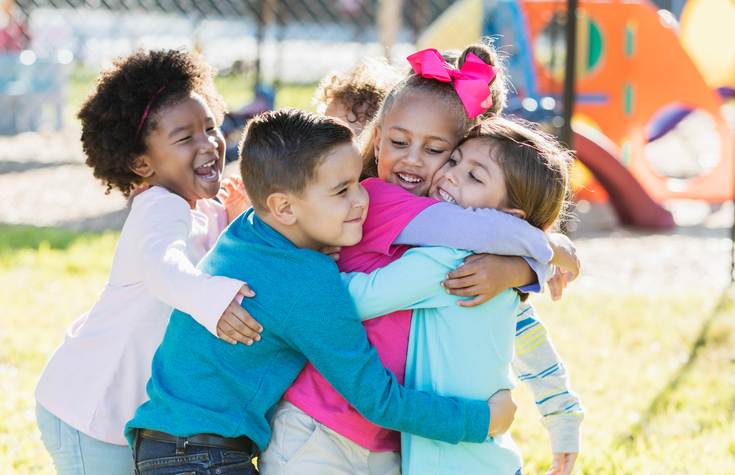
Emotions in children 3
I am Vinita Shrivastava, a 36 year old school teacher in a private school. In your last article, you had written about the teaching of emotional skills in children in school. I think it highly depends on the personality of the teacher who is taking this class in being able to influence the child. A good teacher, who understands the concept and is willing and dedicated to be educated and involved in this process will succeed and a teacher who takes this as a burden will fail miserably. Please express your views on this matter.
Last week we looked at the emotional development of a child as taught in school. As family life no longer offers growing numbers of children a sure footing in life, schools are left as the one place where communities can turn to for correctives to children’s deficiencies in emotional and social competence. Since every child virtually goes to school at least at the outset, it offers a place to reach children with basic lessons for living that they may never get otherwise. Emotional literacy implies an expanded mandate for schools, taking up the slack for failing families in socializing children. The requirement is that teachers go beyond their traditional mission and that people in the community become more involved with schools. There is no subject where the quality of the teacher matters so much, since a teacher handles her class is in itself a model; a de facto lesson in emotional competence – or the lack thereof. Whenever a teacher responds to one student, twenty to thirty others learn a lesson. There is a self-selection in the kind of teacher who gravitates towards courses such as these, because not everyone is suited by temperament. To begin with, teachers need to be comfortable talking about their feelings, not every teacher is at ease doing so or wants to be. There is little or nothing in the standard education of teachers that prepares them for this kind of teaching. While many teachers may be reluctant at the outset to tackle a topic that seems so foreign to their training and routines, once they try it, most will be pleased rather than put off. Apart from teachers, parents too should be involved. It works best when the lessons at school are co-ordinated with what goes on in children’s homes. Parents should be shown what their children are learning, not just to complement what is imparted at school, but to help parents who feel the need to deal more effectively with their children’s emotional life. That way, children get consistent messages about emotional competence in all parts of their lives. Such parallel lines of reinforcement of the emotional lessons – not just in the classroom, but also at home – is optimal. That means weaving the school, the parents, and the community together more tightly. It increases the likelihood that what children learned in emotional literacy classes will not stay behind at school, but will be tested, practiced, and sharpened in the actual challenges of life. It would be naïve not to anticipate hurdles in getting such programs into schools. Many parents may feel that the topic itself is too personal a domain for the schools, that such things are best left to parents; teachers may be too uncomfortable to yield to another part of the school day to topics that seem so unrelated to the academic basics; some children too, will resist, especially to the extent that these classes are out of synch with their actual concerns, or feel like intrusive impositions on their privacy. This along with the dilemma of maintaining high quality. Nevertheless, it is found that increase in emotional handling capacities also improves the child’s academic performance. It also helps them better fulfill their roles in life, becoming better friends, students, sons and daughters – and in the future are more likely to be better husbands and wives, workers and bosses, parents and citizens. This moral education is character building – when lessons are taught to children in the course of real events, not just as abstract lessons. By leaving the emotional lessons children learn to chance, we risk largely wasting the window of opportunity presented by the children’s vulnerability and to help them cultivate a healthy emotional repertoire. Schools have a central role in cultivating character by inculcating self-discipline and empathy, which in turn enable true communication to civic and moral values.



